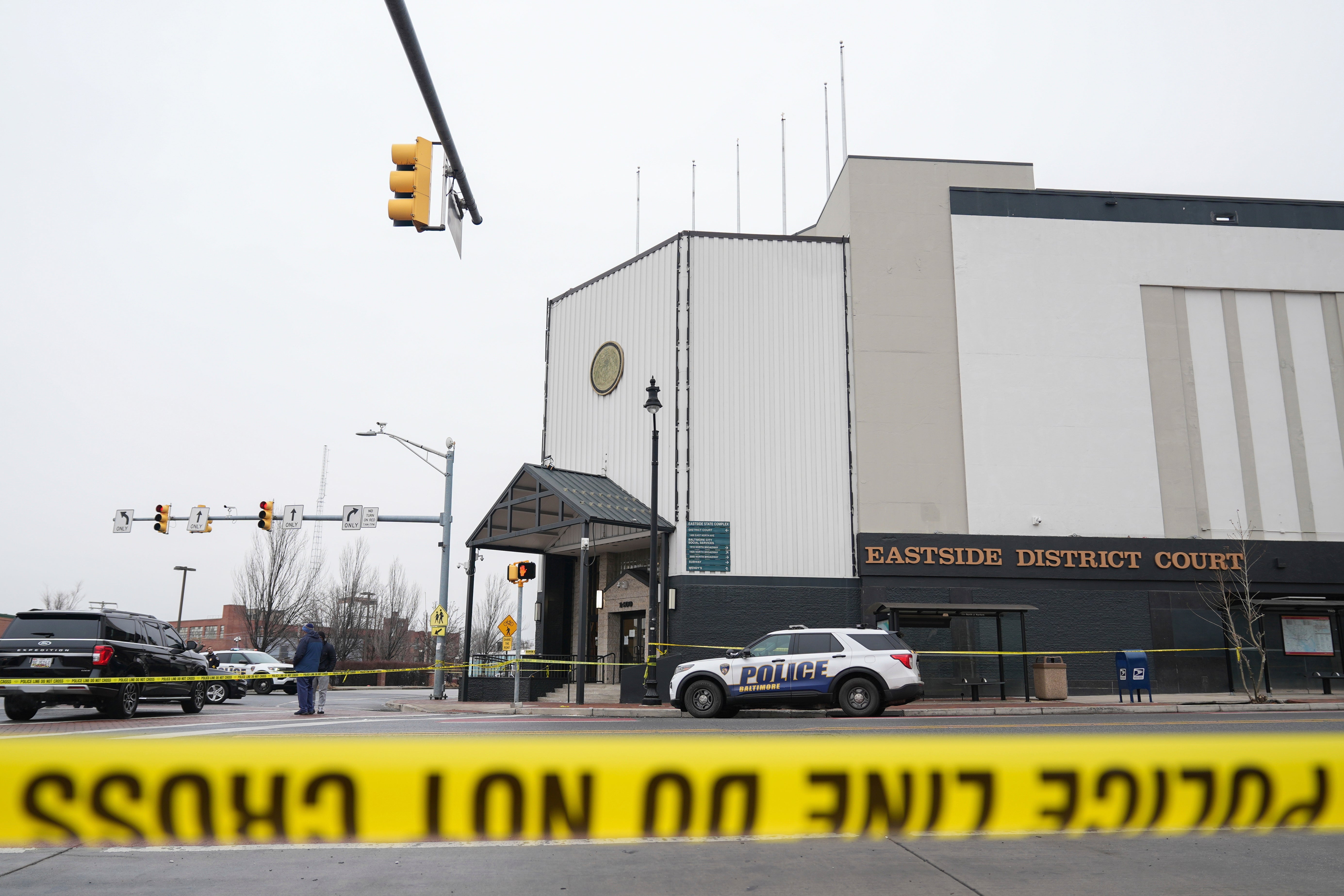
The United States boasts the second-largest economy in the world — but perhaps at the cost of Americans’ quality of life, a new report revealed.
A State of the Nation report released Monday analyzed how the country is faring compared to others based on data from 1990 to 2023 across 15 topics, including the economy, the environment, life satisfaction, mental health and inequality. The report underscored how the U.S. is thriving economically but failing in nearly every other aspect analyzed.
The report summarized its findings by classifying the U.S. as a “nation of extremes.”
Only China has a higher GDP than the U.S, so perhaps it’s not too surprising that the U.S. ranks in the top 88 percent of all countries in terms of worker productivity. Only 11 countries outperformed the U.S. in this category, according to the report.
“This is really the only area where we are excelling,” the report states. “We have had one of the largest and fastest-growing economies in the world for more than a century—and we show no signs of letting up.” The authors also noted that workforce participation has grown due an immigration-driven rise in the population.
This implies that President Donald Trump’s recent policy decisions, such as mass migrant deportations, could change the report’s findings and the county’s prosperity. It’s also not immediately clear how Trump’s tariffs or China’s levies on U.S. exports could affect the economy.
“We’re so wealthy but so unhappy,” Bradley Birzer, a historian at Hillsdale College and one of the report’s authors, told the New York Times. “It seems like the central question of modernity.”
The rates of life satisfaction, violence, economic equality, and mental health are moving in the wrong direction, the report shows.
But even with the undeniable wealth in the country, not everyone has benefited from the economy. Wealth inequality still plagues the nation, making it an outlier in its global standing. More than three-quarters of high-income countries have lower income inequality than the U.S., according to the report.
Income inequality has been rising since 1990 — with a temporary dip during the Covid-19 pandemic, the authors said. The U.S. ranks in the bottom 25 percent of all countries, just below El Salvador, the Dominican Republic and Lithuania.
Meanwhile, poverty levels in the U.S. are also quite high, with 75 percent of countries outperforming the U.S. These wealth gaps could also feed into Americans' low life satisfaction and mental health rankings.
Perhaps most shockingly, the country has the lowest life expectancy of any rich country, which was not true for most of the 20th century.
To analyze mental health, the scholars looked at rates of suicide, fatal overdoses, and depression and anxiety.
The U.S. is among the worst among high-income countries for depression and anxiety, ranking in the bottom 12 and 10 percent, respectively.
Suicides have also been on the rise, with an astonishing 84 percent of countries outperforming the U.S. in that metric. An uptick in social isolation in combination with the prevalence of guns could contribute to this worrying rate.
The U.S. also comes in last among the world’s high-income countries in terms of fatal overdose rate — and it’s getting worse each year, the report says.
People are generally somewhat satisfied, but that life satisfaction has been on the decline as of late.
To examine Americans’ life satisfaction, the authors looked into two measures: satisfaction with our current lives and social isolation.
In terms of satisfaction with our current lives, the U.S. outperforms 70 percent of countries, ranking just below Slovenia, the United Arab Emirates, and Kuwait. A representative sample of 1,000 U.S. adults was asked to rate whether they were living their best lives on a scale, with 0 being the worst and 10 being the best. Their answers averaged to 6.7. The rate of satisfaction with current life has been declining in the U.S. since 2006 and has also been declining compared to other nations.

At the same time, social isolation is on the rise. According to the report, roughly one in 10 Americans say they do not have friends or family members they can count on. The U.S. outperforms 66 percent of other countries, ranking just below Costa Rica, Uruguay, and Ireland. In May 2023, the then-U.S. Surgeon General Dr. Vivek Murthy declared a national loneliness and social isolation epidemic throughout the country, warning about how it can negatively impact one’s mental well-being.
The scholars speculated that some of these downward trends could be attributed to the Great Recession in the mid-2000s as well as the proliferation of smartphones.
Americans may also be avoiding interacting with others due to the country’s staggering rate of violence. The U.S. has a higher murder rate than most countries analyzed, according to the report.
The murder rate has, however, declined since the 1990s. While the country is improving on a national scale, its rank has worsened on an international scale, outperforming just 30 percent of countries, and landing just ahead of Russia and just behind Ukraine, Latvia, and Lithuania.

The authors attributed the U.S.’s murder rate to its gun laws: “Because almost all murders are committed with guns, and there are essentially no alternative weapons that are as lethal, this is one viable explanation for our high murder rate.”
The rate of shootings is also alarmingly high, with the U.S. ranking 90 percent worse than all countries analyzed, ranking just below Dominican Republic, Uruguay, and Guyana, and far below China and Russia.
Patrick Sharkey, a sociologist at Princeton University and another author, told the Times: “The United States for some time now prioritized economic growth at any cost.”







